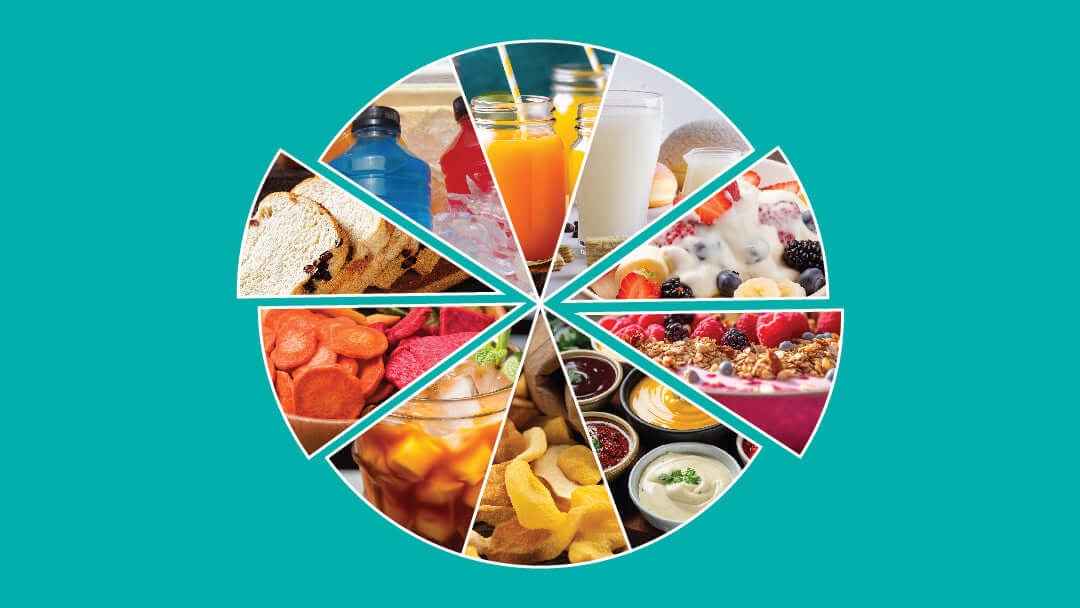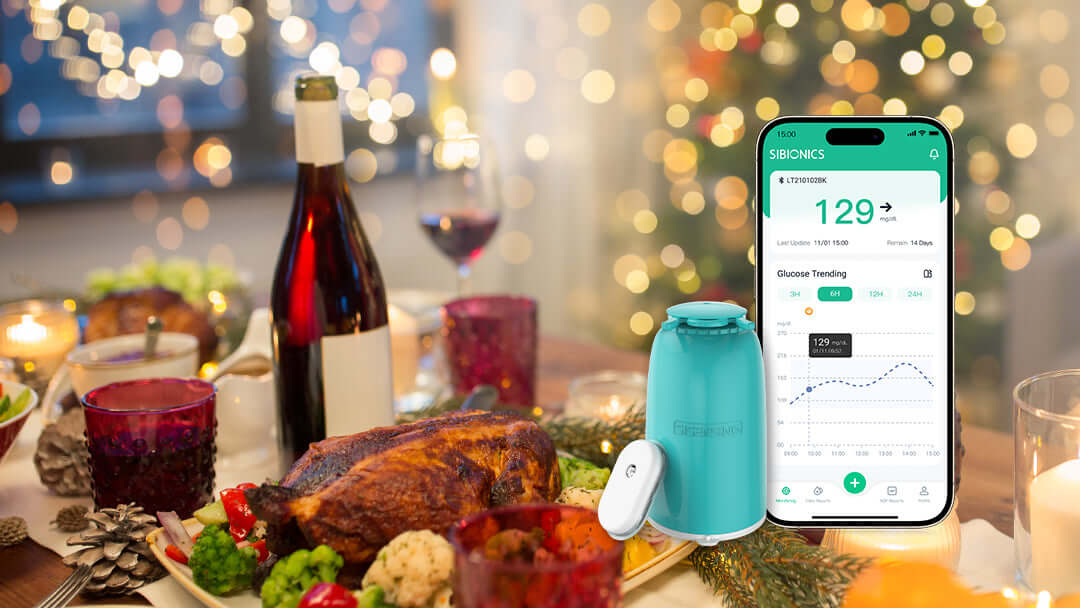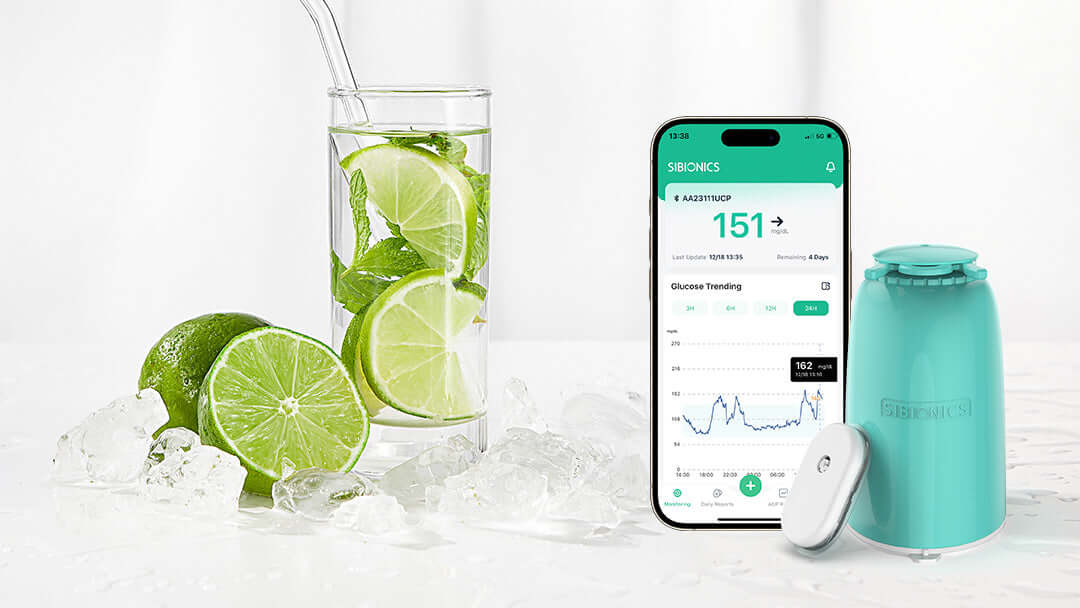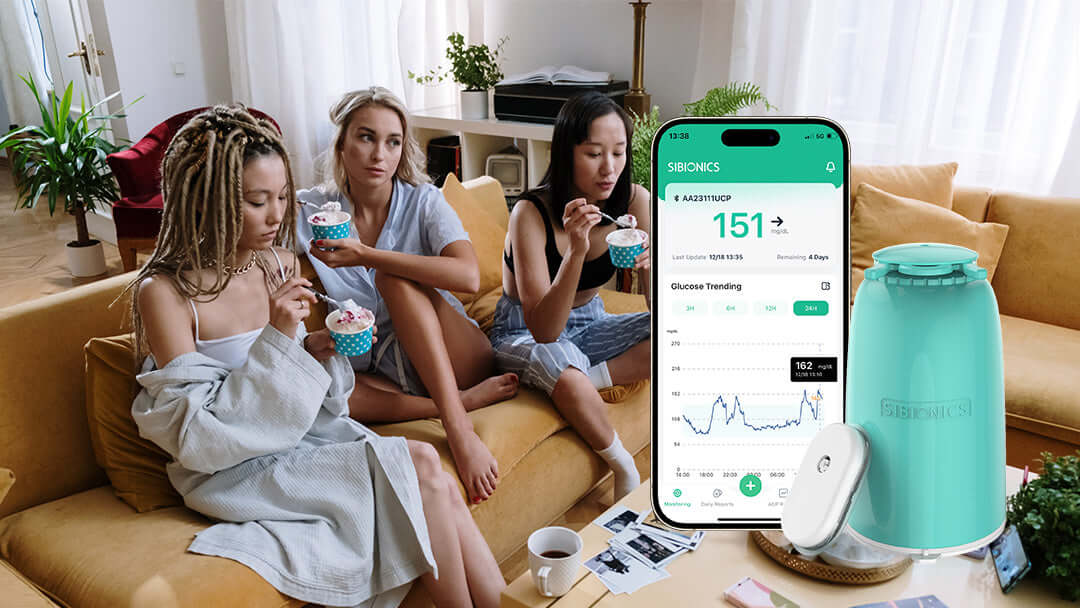Managing glucose is vital, especially for those with conditions like diabetes. Not all carbs are equal, and some seemingly innocent foods can unexpectedly spike glucose levels. Discover 10 sneaky carb culprits in this article that may be impacting your glucose more than you think.
1. Fruit Juice
Fruit juices are often perceived as a healthy choice, but they are essentially liquid candy with concentrated natural sugars and no fiber. Choose whole fruits instead to benefit from fiber, which helps regulate glucose.
2. Milk Alternatives
While unsweetened almond milk is acceptable, be cautious of sweetened plant milks that can contain as much sugar as regular soda. Even seemingly healthy options like soy, rice, and coconut milks may have high sugar content. Be mindful of labels and opt for unsweetened varieties.
3. Flavored Yogurts
Flavored yogurts marketed as healthy snacks may be loaded with added sugars, exceeding 25 grams of net carbs per serving. Opt for plain Greek yogurt and add your own fresh berries to enjoy probiotics without hidden carbs, especially in kids' brands.
4. Granola
Despite its wholesome image, granola can be high in carbs (over 30 grams per serving) due to added sugars, dried fruits, seeds, and coconut. Choose nuts and seeds alone for a lower-carb alternative to maintain glucose stability.
5. Sauces and Dressings
Check labels on salad dressings as they may contain hidden sugars or added carbohydrates. Opt for oil-based vinaigrettes and use them sparingly to avoid excessive carb intake, helping to moderate glucose levels.
6. Packaged Dried Fruits
Packaged dried fruits, though nature's candy, can be deceptive. Small boxes may contain 15 grams or more of net carbs per serving. Enjoy fresh fruits when available and reserve dried fruits as an occasional treat to prevent significant glucose spikes.
7. Flavored Coffees/Teas
Flavored coffee and tea drinks often contain added sugars, contributing to over 40 grams of carbs. Choose plain iced tea or black coffee and consider adding natural flavor with a splash of cream to avoid unnecessary sugar intake.
8. Veggie Chips: The Deceptive Health Snack
While veggie chips may seem healthier than traditional potato chips, many options are still processed and may contain added sugars. Opt for whole vegetables or make your own baked veggie chips for a lower-carb and nutrient-rich alternative.
9. White Bread: The Culprit in Your Sandwich
White bread, lacking natural fiber, can cause rapid spikes in glucose. Swap it for whole grain or sprouted bread for improved nutritional value and a slower, controlled release of glucose.
10. Sports Drinks: Hydration Without the Sugar Rush
While marketed for hydration, sports drinks often contain high sugar content. Unless engaging in intense physical activity, opt for water to stay hydrated without causing unnecessary spikes in glucose.
Glucose Monitoring for Better Glucose Management
In the quest for stable glucose levels, awareness of sneaky carb culprits is crucial. However, monitoring your glucose levels is equally important. The SIBIONICS GS1 Continuous Glucose Monitoring (CGM) System emerges as a valuable tool in this journey.
Offering 24/7 real-time glucose monitoring over 14 days, the SIBIONICS GS1 CGM eliminates the need for frequent finger-pricking and scanning, providing a hassle-free and comprehensive view of glucose patterns. With its waterproof feature, the SIBIONICS CGM seamlessly integrates into various daily activities, empowering individuals to make informed decisions about their diet and lifestyle.
In conclusion, being mindful of sneaky carb culprits and embracing healthier choices, coupled with continuous glucose monitoring, can empower individuals in effectively managing glucose levels. Awareness and proactive measures play a pivotal role in promoting overall well-being and achieving stable glucose levels.
FAQS:
Q: What triggers a spike in glucose levels?
A: Consuming foods high in refined carbs and sugars leads to rapid rises in glucose levels. This includes white bread, pasta, pastries, soda, candy and other sweets. Even 100% fruit juice can spike levels due to its natural fructose content. Minimizing these items helps control spikes.
Q: Why should diabetics avoid eggs?
A: While eggs provide high-quality protein and fats, they do contain cholesterol which some research has associated with increased cardiovascular disease risk for diabetics. However, limiting rather than completely avoiding eggs can still be part of a balanced meal plan, especially if overall cholesterol levels are controlled.
Q: Is Coke Zero okay for maintaining glucose control?
A: Coke Zero and other zero-calorie sodas contain artificial sweeteners like aspartame that do not affect glucose in the same way as regular soda. However, they still lack nutritional value and regular consumption is linked to increased health risks. It's best for diabetics to primarily hydrate with water and limit sweetened beverages.
Q: What type of tea lowers glucose?
A: Green tea and certain herbal varieties like chamomile, ginger and cinnamon have been shown to help lower glucose levels after meals through compounds that aid insulin sensitivity. The caffeine in green tea provides additional benefits, but controlling portions is key, as too much could counter the effects.









